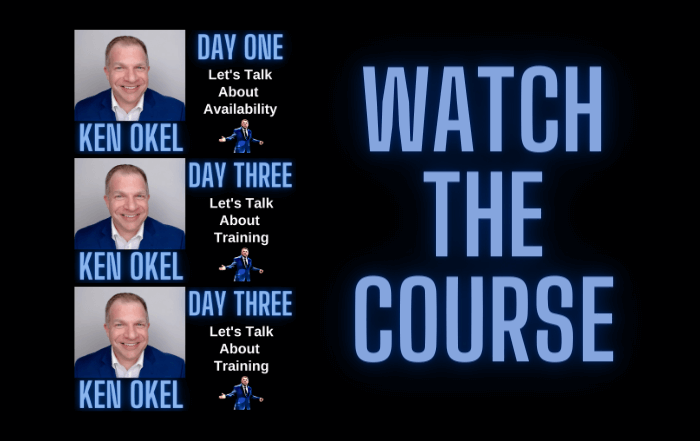 Before you speak at your next meeting, you may want to think about the acceptance speeches you hear at the Academy Awards.
Before you speak at your next meeting, you may want to think about the acceptance speeches you hear at the Academy Awards.
If you watched the telecast, how much of the acceptance speeches do you remember? Why do you think most are so forgettable?
The remark are an odd marriage of improvised moments mixed with prepared statements. And even though the speeches are about a minute in length, they’re often pretty dull.
When a speech is well constructed, it sticks in your mind. You won’t remember it verbatim but something about it will stay with you. Here are a few things you and the Academy should keep in mind:
Forget the long lists: It can be painful watching an Oscar winner rushing through a long list of people to thank, when you don’t recognize the names. It’s similar to listening to someone try to remember a recipe for cookies (Hmmm, possible Food Network show). When people hear details that they can’t connect with, they will tune you out.
Example: John who works in our accounting division, which is on the north side of our campus, saw me in the elevator the other day and reminded me to tell you that the new time sheet policies will be in place and that we should be prepared to effectively implement the change next Monday. This could be cut down to: The accounting division needs you to follow the new time sheet policies on Monday.
More words don’t mean better understanding. The more concepts (or unfamiliar names) you introduce into a sentence, the less clear the statement becomes.
Respect the time limit: If you talk too long on the Academy Awards, a band starts to play. In conference room, if you talk too long, people will tune you out or start playing with their cell phones.
When you’re given an allotted amount of time to talk, stick to that amount. An audience will turn on you if you go too long. If you’re the last presenter before lunch and the meeting is running late, find out if it’s more important for you to deliver your full speech or if it’s better to get everyone to lunch on time. A hungry audience easily becomes restless.
Use stories. In their acceptance speeches I learned some cool things about Tom Hooper (Best Director) and David Seidler (Original Screenplay) that I remember. Hooper talked about how his mother introduced him to the subject matter of The King’s Speech to him, saying that it should be his next project. Seidler talked about his own journey as a stutterer and hoped his film would give hope to those who struggle with speech problems.
By sharing a bit of themselves, the pair elevated their remarks over those who just thanked a bunch of people. It was different, personal, and real.
When it comes to your presentation, is there a piece of you in it? Numerous studies have found that people remember information related to a story more than just a fact dump.
Public speaking is a skill that can be improved by thinking ahead and doing a little rehearsal. While you presentations may not win you an Oscar, they can delight your audiences in their effectiveness.





